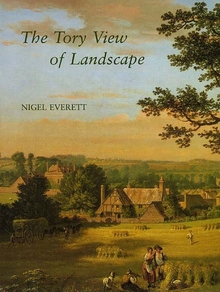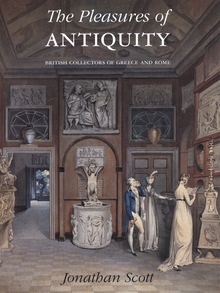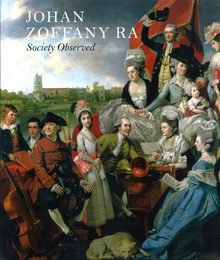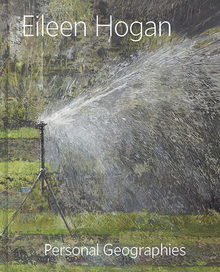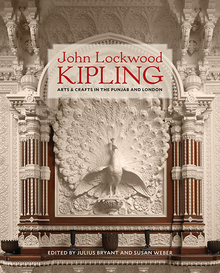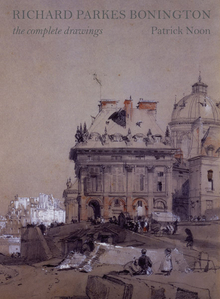The Tory View of Landscape
WARNING
You are viewing an older version of the Yalebooks website. Please visit out new website with more updated information and a better user experience: https://www.yalebooks.com
Nigel Everett
This illuminating and stimulating book argues that the history of English landscape from about 1760 to 1820 was a struggle between these two points of view. Examining literature, painted and engraved images, and the physical environment of the period, Nigel Everett depicts a lively, intelligent debate about the development of English society and the relation of people to the land, a debate as active among cultivated clergymen and landowners as among the theoreticians. Furthermore, analyzing the language of tory political thought, he brings these issues to bear on current politics in Britain. He identifies in the detached, artificial, and utilitarian attitudes of the whig "improvers" the philosophical and historical origins of a dominant set of values of the late twentieth century—most recently expressed in the Conservative Party—in which the interests of private enterprise and commercial utility preponderate over any other conception of the public good.
Published for the Paul Mellon Center for Studies in British Art
"Everett's book is essentially about sentimentality; anyone who is interested in how [England's] national identity is largely founded on nostalgia will be fascinated by it."—Jan Dalley, Independent on Sunday
"Everett's text is valuable not so much in the presentation of new information as in the way he reviews how landscape can be defined in a rich variety of economic, philosophical, theological, and literary works. . . . Everett has become a primary historian of an important idea, one that suggests a physical rearrangement of landscape is wedded to and essentially defined by broad political and cultural goals."—John L. Abbott, RSA Journal
"This book will interest all students of English aesthetic theory."—Choice
"This book should appeal to a wide audience with political, literary and rural economy interests. It is thought-provoking and not only fosters a wish to see many of the landscapes mentioned, but also ensures that the reader is unlikely to view them in quite the same way again."—David Alexander, Landscape Design
"This is a richly rewarding book that sheds new light on competing efforts to control and define English society via representations of the landscape."—Kay Dian Kriz, American Historical Review
Publication Date: July 27, 1994
Publishing Partner: Published for the Paul Mellon Center for Studies in British Art
20 b/w + 5 color illus.

